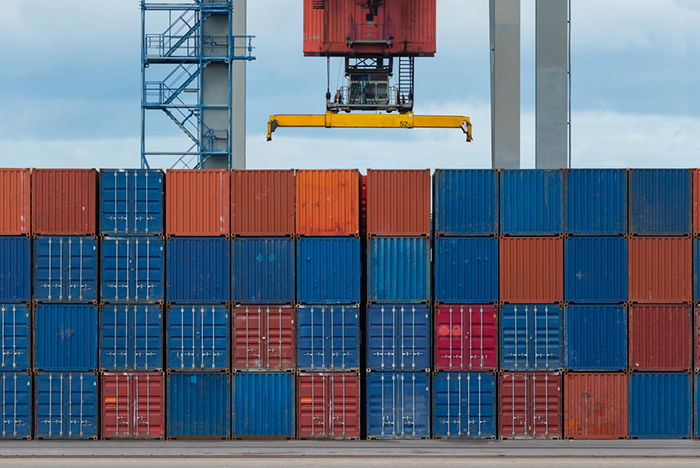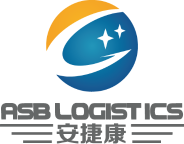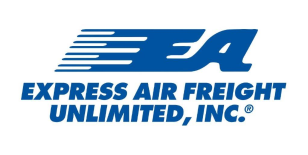Time:2016-03-09 Publisher:glafamily Num:11012

WASHINGTON — The U.S. Coast Guard has said it is communicating with the largest global container line group in an effort to hash out the details behind a controversial new container weight rule set to take effect in just 116 days.
The news that the two are communicating just days after the World Shipping Council took issue with Coast Guard officials who have said the rule is a commercial, not a regulatory, matter. It’s an interpretation the WSC has said contradicts the Coast Guard’s stated position up until this point and betrays the very intentions behind the rule in the first place.
At the heart of the issue are comments made by the Coast Guard’s Rear Adm. Paul Thomas at the JOC’s 16th annual TPM Conference in Long Beach, California earlier this month. Thomas told attendees there that shippers were in compliance and no changes or enhanced regulation was needed to meet the amendment to the Safety of Life at Sea rule, aimed at improving maritime safety by requiring shippers to provide the verified gross mass of their containers before they can be loaded onto a ship.
In a March 3 letter to Adm. Paul Zukunft, the WSC called Thomas’s comments “stunning” and said they contributed to confusion on how the International Maritime Organization’s rule will take effect July 1. The WSC, which confirmed to JOC.com that it is communicating with the Coast Guard but would divulge no further details, represents carriers controlling roughly 90 percent of global container capacity and was a major player in the creation of the rule.
“It is disingenuous and factually incorrect for the Coast Guard to suggest that relieving shippers of their regulatory obligation will not fundamentally undermine the effectiveness of the SOLAS container weight verification requirements. It is not possible to have it both ways,” WSC President and CEO John Butler wrote to the Coast Guard’s commandant.
Butler urged the Coast Guard to reverse its position if Thomas’s comments reflect the agency’s position. If Thomas’s comments don’t reflect the Coast Guard’s opinion, then the agency should issue a clarification, he said.
“We received the letter from World Shipping Council president, Mr. John Butler. We are reviewing the issues he's raised in his letter and will respond to those concerns directly with him,” Coast Guard spokesperson Dave French told JOC.com via email.
French pointed to a FAQs page recently posted to the Coast Guard’s website, where he said the agency has tried to clarify its position in the wake of Thomas’s comments.
There, Thomas wrote that during the course of the TPM discussion, “it became clear that many impacted stakeholders, particularly in the exporter community, are not familiar with SOLAS and how it applies.”
Thomas goes on to reiterate the Coast Guard’s stance that the agency has no authority over domestic shippers. Domestic shippers may be impacted by SOLAS requirements because their domestic and international business partners, who run ships, interpret their obligation to meet SOLAS requirement and domestic shippers may be called upon to change their business practices with these international partners in the global supply chain, according to the Coast Guard.
But the agency adds, “This is a business-to-business requirement. For the U.S., the USCG believes that carriers currently comply with SOLAS, and are therefore not requiring domestic shippers to make changes in existing practices.”
The WSC has questioned why the Coast Guard, if it believed it lacked jurisdiction over shippers, did not undertake an Administrative Procedure Act rulemaking to establish a set of domestic regulations that would have given the SOLAS amendment teeth in the U.S. after the rule passed the IMO in May 2014.
The WSC also took issue with Thomas’s comments that the IMO wasn’t the right place to address container weight accuracy rules, nor was SOLAS the right tool to do so. Thomas’s comments that the Coast Guard wouldn’t apply SOLAS regulations to marine terminal operators further frustrated the WSC.
“If the Coast Guard thought SOLAS was the wrong instrument to address this issue, why did it not say so during the four years of the SOLAS regulation’s development?” Butler wrote. “If this was the Coast Guard’s view, how could it agree to co-sponsor the various IMO papers that it did? If the Coast Guard thought this way, why did it chair the correspondence group to develop and agree upon the new regulation’s implementation guidelines?”
The Coast Guard has staked out a very hands-off approach when it comes to the new container weight rule, saying it most likely would only occasionally check for VGM on inbound containers and it will hold cargo without a VGM until the country of the ship’s flag nation clears the cargo. It is not even clear if the Coast Guard would levy a punishment against the carrier for loading a container without a VGM, a violation of the container weight mandate.
Meanwhile, other maritime administrations around the world have been operating under the WSC’s understanding that the shipper is ultimately responsible for misdeclared weights, creating penalties for shippers in violation of the rule. Canada and Japan, for example, have already said that shippers could face various fines if they misdeclare the weight of their containers.
The contradicting messages have led U.S. exporters to push back against the rule and establishing new business practices, while the credit ratings agency Fitch warned the new rule could slow U.S. port traffic



